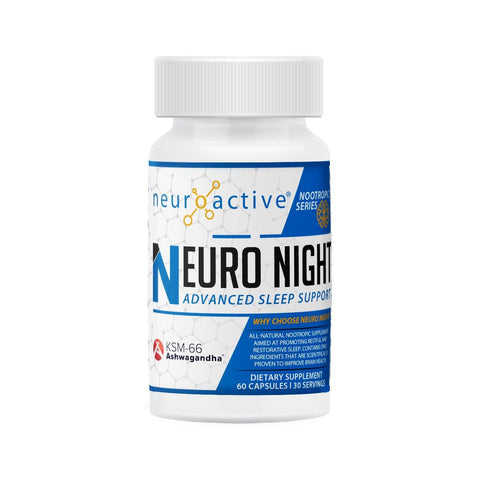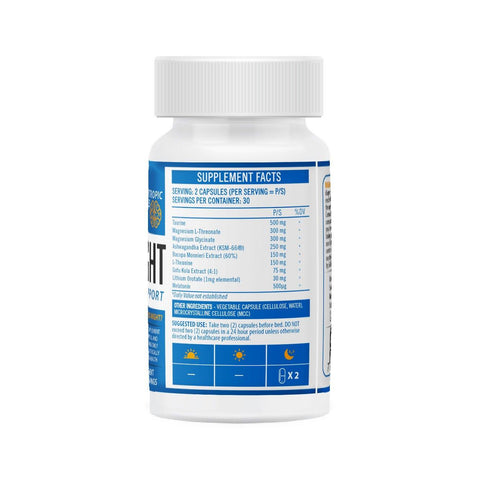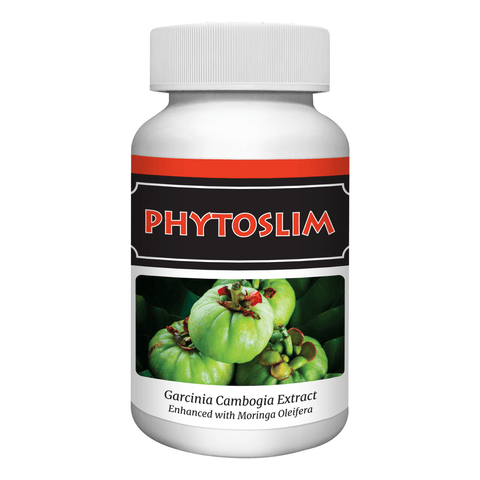DNA Biopharm Magnesium L-threonate 60 capsules
DNA Biopharm SA
In Stock
Magnesium L-threonate powers the brain
Learning is the process by which the brain stores new information by forming new connections between neurons. An example of neuroplasticity, this process depends on the de facto formation of these connections and the number of available connections. We know that when synapses, the connections that allow one nerve cell to communicate with the next, are diminished, memory impairment ensues. It is believed that this loss of synapses explains “age-dependent memory decline”.
Synapse formation depends on several factors that have been well studied, including insulin, ghrelin, various trophic hormones and the ion magnesium, which enhances the activity of more than 300 enzymes. It has now been discovered that magnesium is a critical player in the activation of the nerve channels involved in synaptic plasticity. That means that magnesium is critical for the physiological events that are fundamental to learning and memory.
Magnesium may also reduce unwanted side effects of menopause while supporting heart health. Although menopause does not cause heart disease, postmenopausal women are at an increased risk of high blood pressure, triglycerides, and levels of LDL (bad) cholesterol due to factors like decreased levels of oestrogen, stress, age, and poor lifestyle habits. Lower levels of magnesium are linked to poor heart health. In one study of 3,713 postmenopausal women, high magnesium levels were associated with lower inflammatory markers related to heart disease, indicating better heart health. Magnesium L-Threonate helps control heart muscle contractions and nerve impulses, allowing for a healthy heartbeat.
Up to 60% of menopausal women experience insomnia or difficulty sleeping. Compared with premenopausal women, those transitioning through menopause, known as perimenopause, report significantly higher rates of poor sleep — in particular, waking up throughout the night. Hot flushes, night sweats, anxiety, depression, and a decrease in melatonin and progesterone, two hormones that have sleep-promoting effects, appear to be the main causes of menopausal insomnia. Lack of sleep is connected to an array of coexisting conditions related to menopause, such as irritability, depression, stress, and weight gain.
Related Products
-
WaterLifeR 176.00
























































